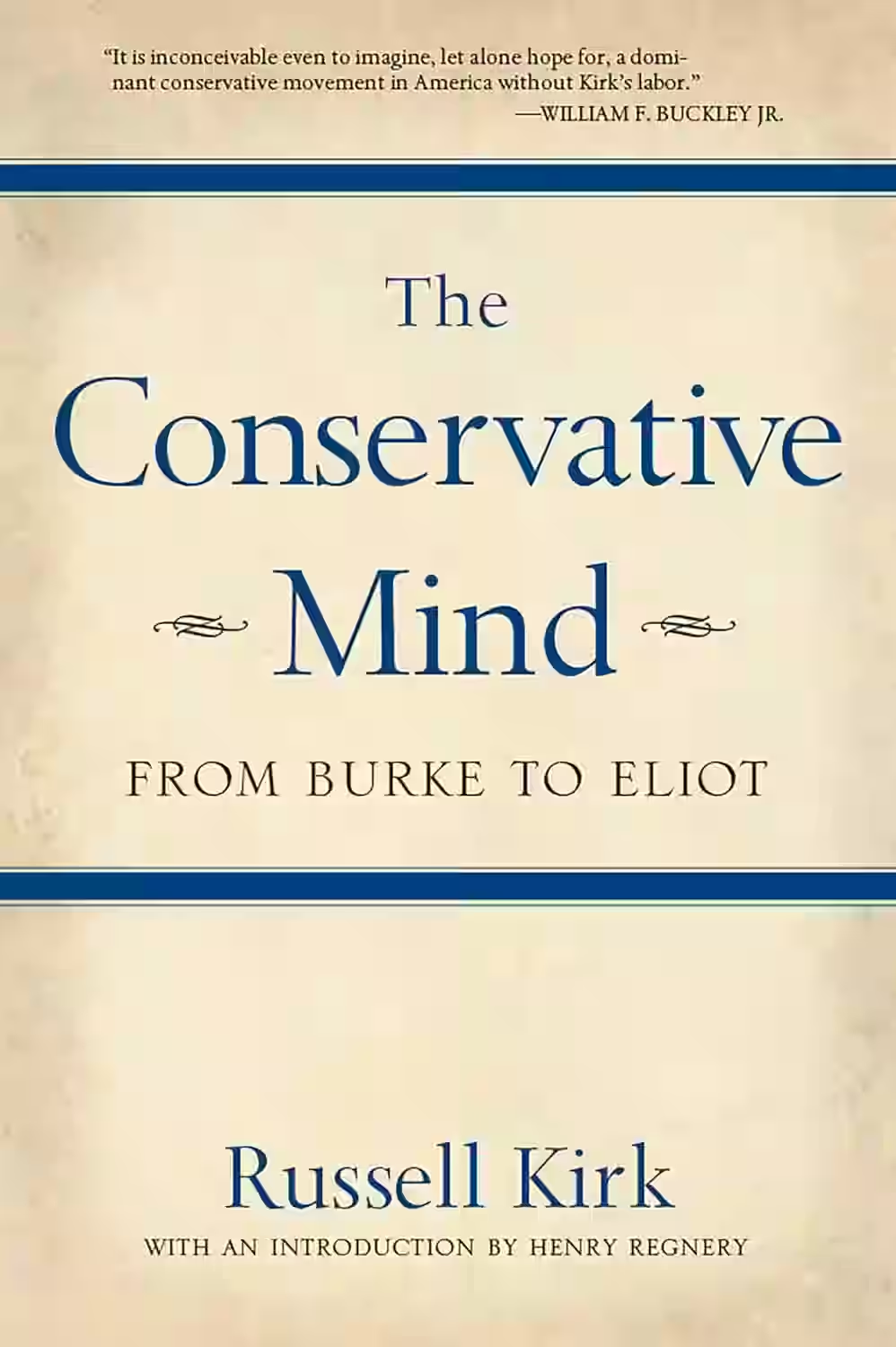
In 'The Conservative Mind: From Burke to Eliot', Russell Kirk delivers a seminal work that traces the evolution of conservative thought from the 18th to the 20th century. Kirk meticulously examines the ideas of influential figures like Edmund Burke, Alexis de Tocqueville, and T.S. Eliot, shaping a comprehensive narrative of conservative principles that emphasizes tradition, order, and virtue. Through engaging prose, Kirk elucidates how these thinkers laid the intellectual groundwork for modern conservatism, advocating for prudence and a reverence for societal institutions. This book is a must-read for those seeking a deeper understanding of conservatism and its philosophical underpinnings.
About Russell Kirk
Russell Kirk (1918-1994) was an influential American political theorist, historian, and literary critic known for his significant contributions to the conservative intellectual movement. Kirk's seminal work, 'The Conservative Mind' (1953), played a pivotal role in shaping modern conservative thought in the United States. His extensive writings, which encompassed fiction, non-fiction, and cultural criticism, explored themes of tradition, virtue, and the importance of preserving societal norms. Through his eloquent prose and deep understanding of Western civilization, Kirk became a leading figure in promoting a traditionalist approach to politics and culture. His enduring impact on literature and conservatism continues to be felt today.
Similar Books
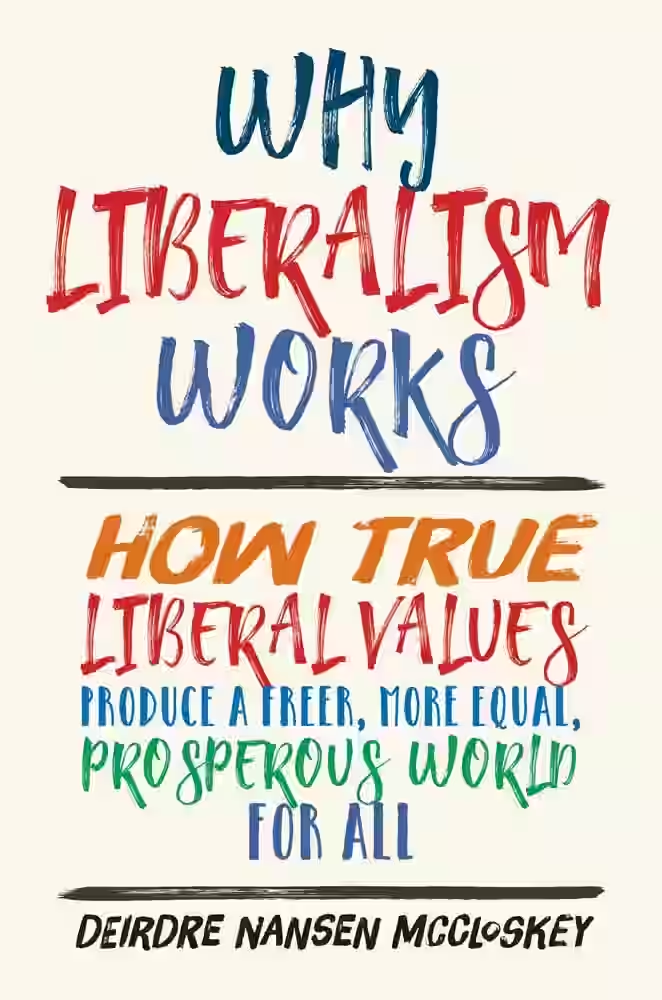
Why Liberalism Works
In Why Liberalism Works, economist and historian Deirdre McCloskey mounts a spirited defense of classical liberalism—the belief in individual liberty, free markets, and democratic governance. She argues that liberal ideas have lifted billions from poverty, expanded human rights, and created unprecedented prosperity. McCloskey critiques both right-wing nationalism and left-wing authoritarianism, warning against threats to liberal values. Blending historical analysis with economic insight, the book challenges modern skepticism toward capitalism and open societies. It is a timely reaffirmation of liberalism's moral and practical foundations, encouraging a renewed commitment to tolerance, innovation, and dignity for all individuals.
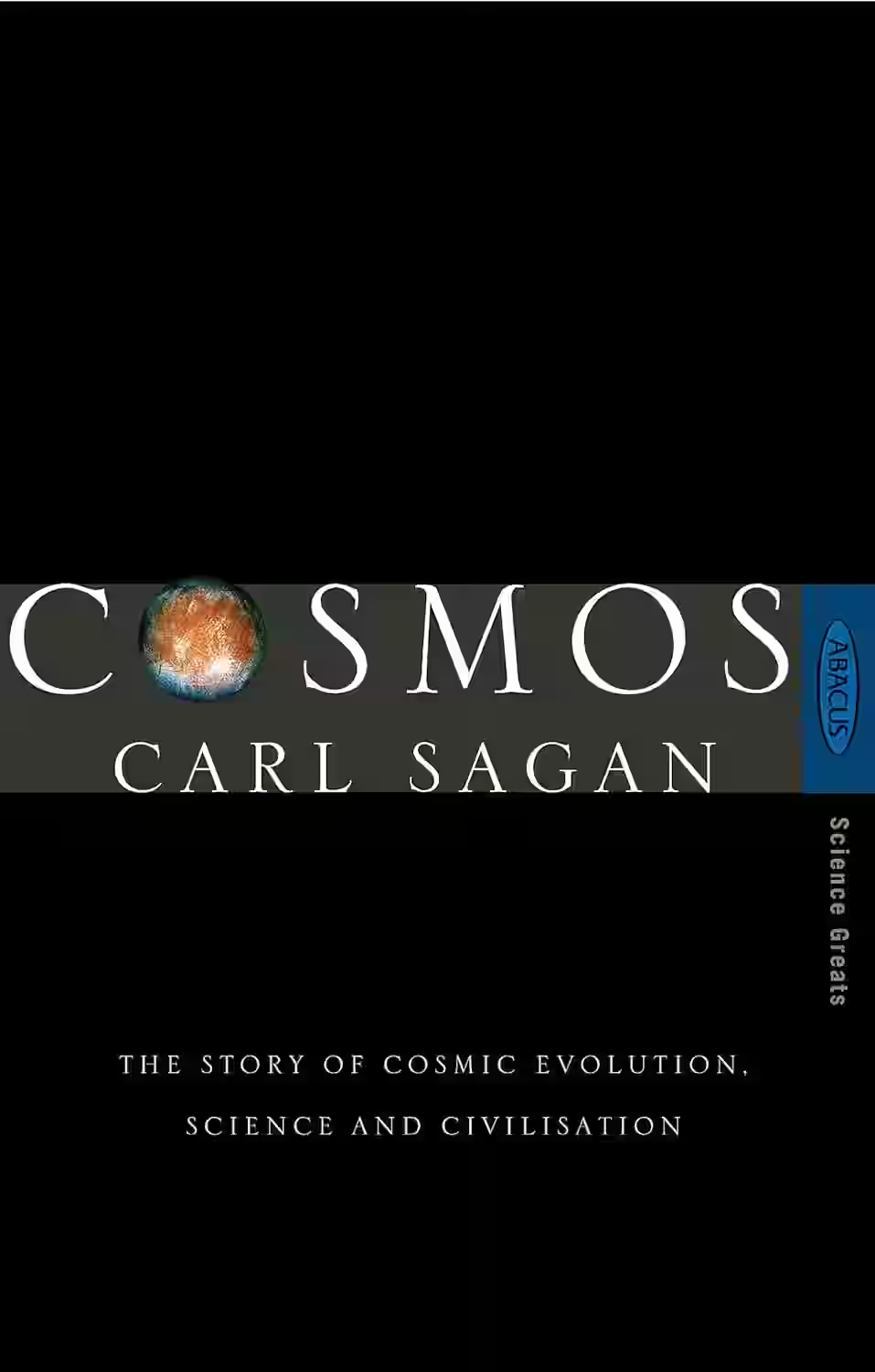
Cosmos
by Carl Sagan
In Carl Sagan's 'Cosmos', readers embark on a thrilling journey through the vast cosmos, exploring the wonders of our universe and humanity's place within it. With profound insight and poetic prose, Sagan delves into topics like space exploration, evolution, and the origins of life, bridging science and philosophy seamlessly. Through this masterpiece, he ignites a sense of curiosity and awe, urging us to ponder our existence and the mysteries of the cosmos. 'Cosmos' not only educates but also inspires readers to embrace science and reason, fostering a greater appreciation for the interconnectedness of all things.
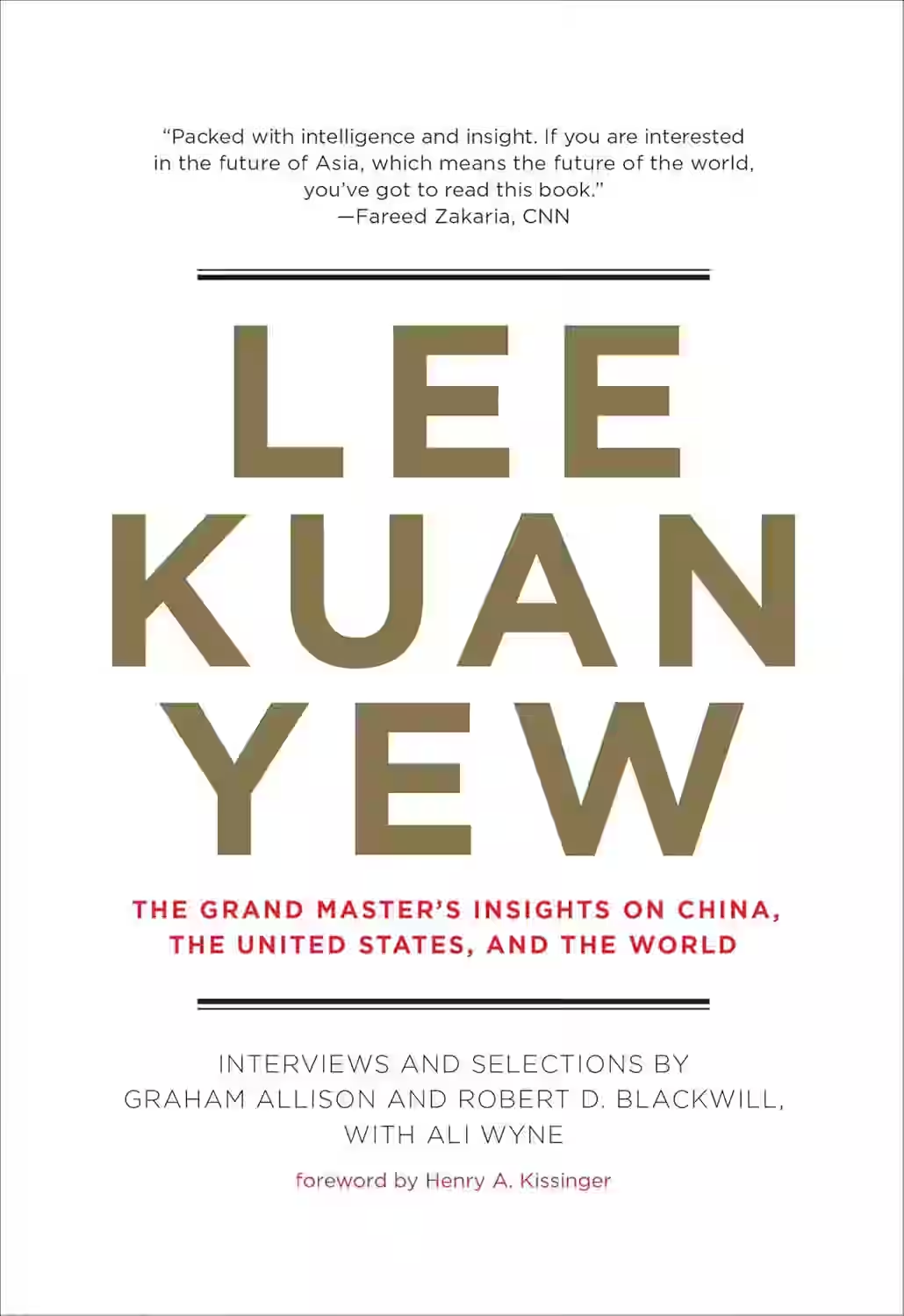
The Grand Master's Insights on China, the United States, and the World
In 'The Grand Master's Insights on China, the United States, and the World,' Graham Allison, a renowned political scientist, offers a compelling analysis of the complex dynamics between China and the United States, exploring their interactions and implications for global politics. Drawing on his expertise, Allison delves into the historical context, strategic calculations, and potential pitfalls that shape the relationship between these two global powers. Through insightful anecdotes and data-driven arguments, he sheds light on the challenges and opportunities that arise from their interactions, providing readers with a deeper understanding of the intricacies of international relations.
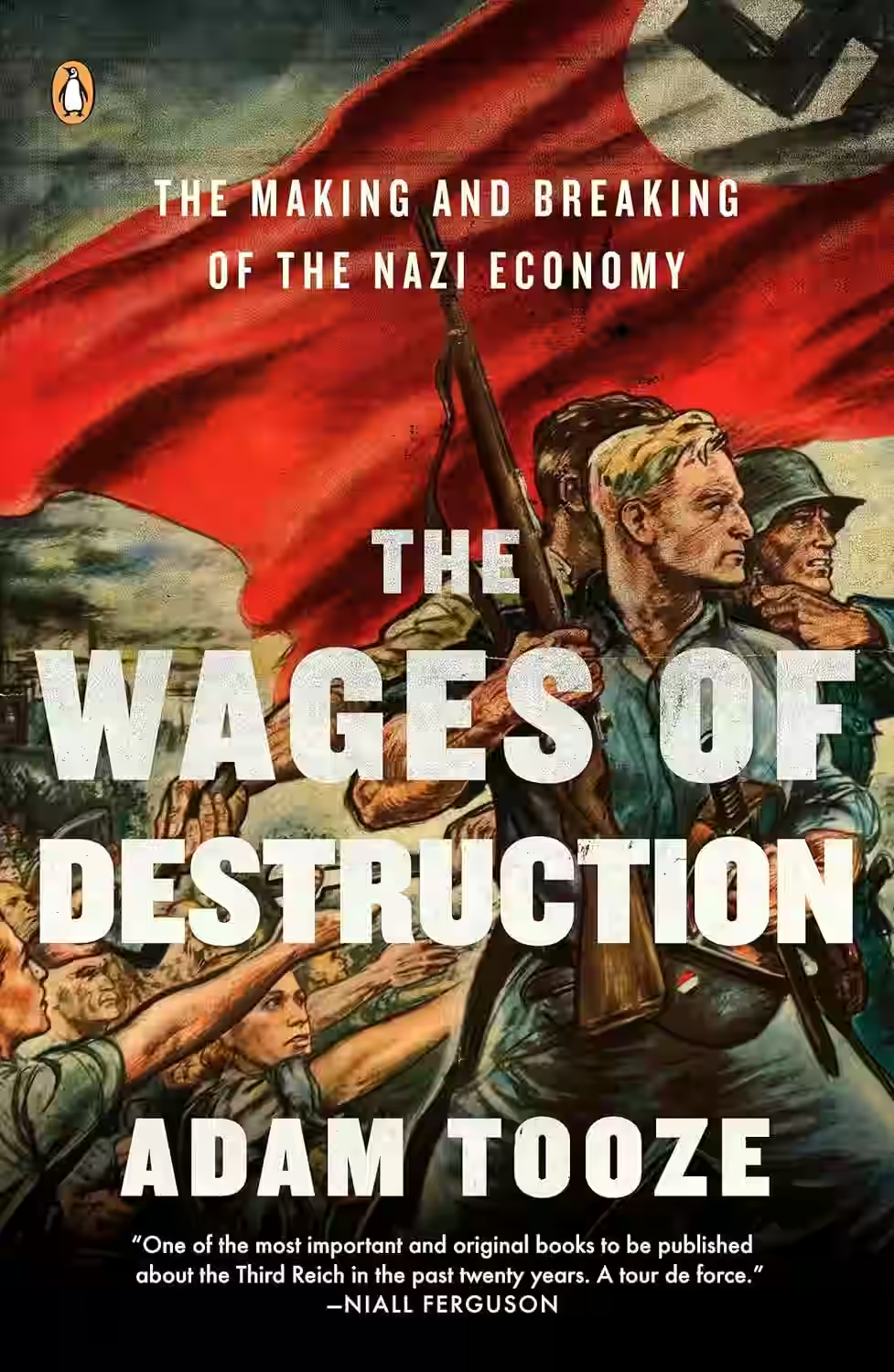
The Wages of Destruction
by Adam Tooze
In 'The Wages of Destruction' by Adam Tooze, the author meticulously examines the economic mechanisms that underpinned Nazi Germany's war machine during World War II. Tooze delves deep into the financial structures, resource management, and strategic decisions that sustained Hitler's regime, shedding light on how economic policies shaped the course of the war. Through detailed analysis and compelling narrative, Tooze reveals the precarious economic foundations of the Third Reich and its catastrophic consequences. This book offers a fresh perspective on the war, emphasizing the crucial role of economic factors in shaping historical events.